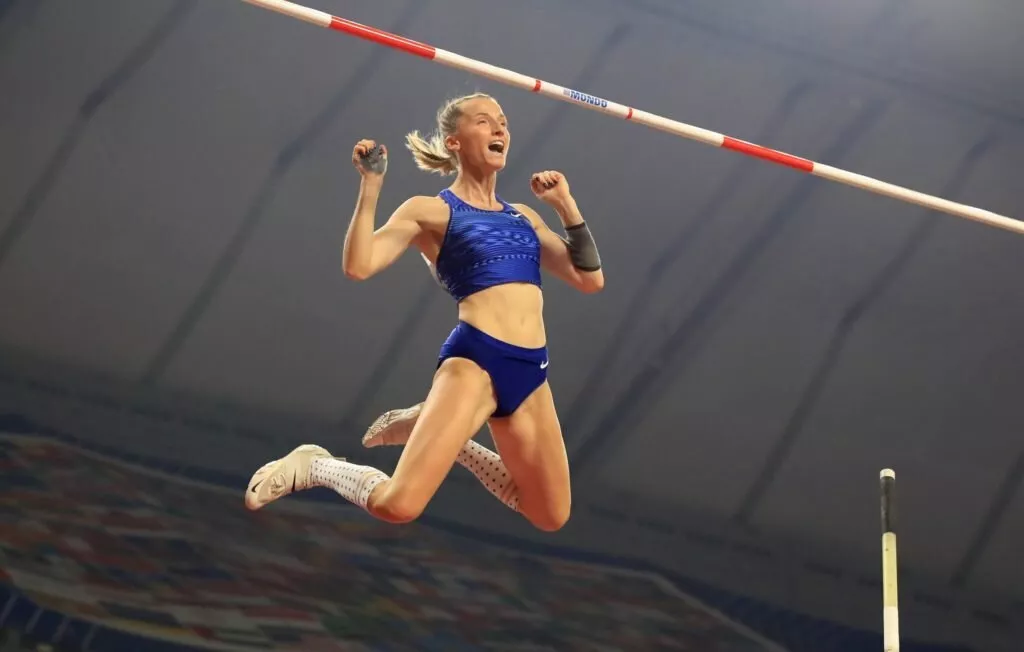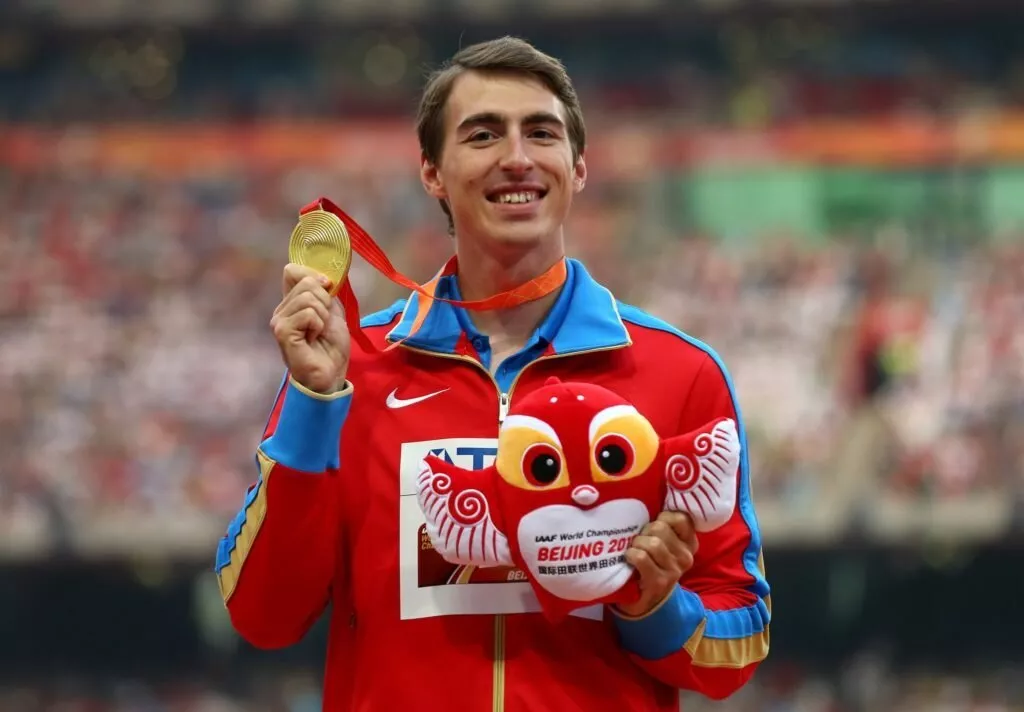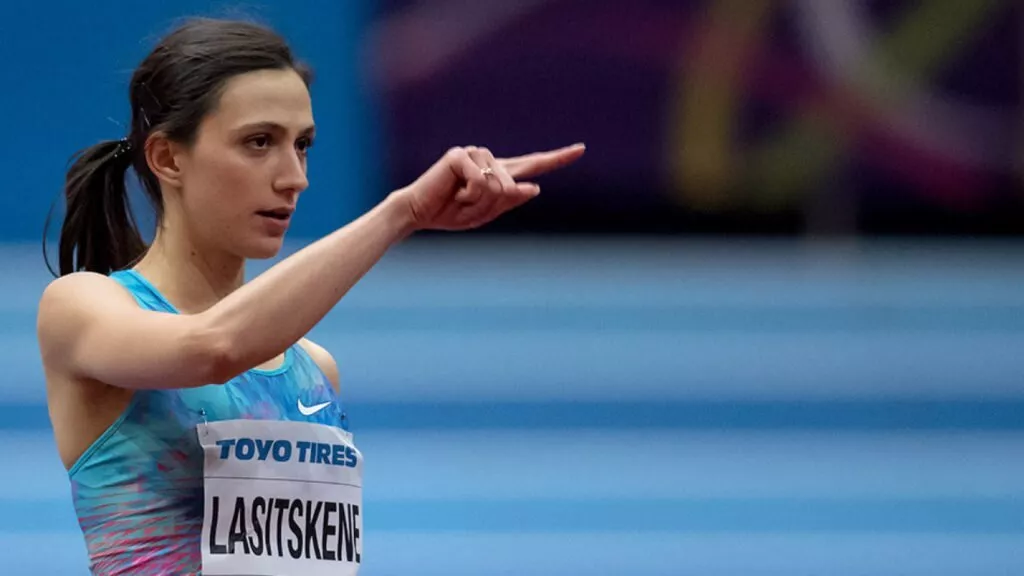How athletes from Russia are competing at the Tokyo Olympics

(Courtesy : BBC)
The country was served a two-year doping ban in 2019 .
Russia is one of the most successful nations in the history of the Olympic Games. The European nation is second only to the United States of America, in terms of the most medals won. Over the years, Russian athletes have claimed a whopping total of 1556 medals, including 590 Gold medals (Soviet Era included). Therefore, very few countries can match the glorious legacy of Russian athletes at the quadrennial event.
As an independent nation, the Tokyo Olympics would have been the country's seventh successive appearance at the Summer Games. However, The World Anti-Doping Agency imposed a ban on Russia. They were found guilty of violating certain rules.
What exactly happened?
On 9th December 2019, the World Anti-Doping Agency (WADA) banned Russia from all international sporting events on charges of tampering with doping-related reports. This included the Tokyo Olympics and the FIFA World Cup 2022. Russia later filed an appeal to the Court of Arbitration for Sport (CAS) against the WADA decision.
CAS, on review of Russia's appeal of its case from WADA, ruled on 17 December 2020 to reduce the penalty that WADA had imposed. Instead of banning the country from all sporting events, the ruling allowed Russia to participate at the Olympics and other international events. However, for a period of two years, the team cannot use the Russian name, flag, or anthem.
The ruling does allow for team uniforms to display "Russia" on the uniform as well as the use of the Russian flag colours within the uniform's design.
What is ANA?
The Authorised Neutral Athlete (ANA) is the category under which athletes from Russia can compete in international competitions. Russian athletes won’t compete at the Tokyo Olympics under their own flag.
But, as neutral athletes, they will be “Olympic Athletes from Russia.” The athletes will wear a uniform with that designation. They will compete under the Olympic flag and will officially represent the Russian Olympic Committee (ROC).
Why are they allowed?
The World Athletics Council approved the reinstatement of the Authorised Neutral Athlete (ANA) program for clean athletes from Russia in March 2021, following the approval of the Russian National Federation (RusAF) Reinstatement Plan. The council agreed that it would be harsh to ban those athletes who do not have a prior history of doping. Hence, they deserve a chance to participate at the Tokyo Olympics.
However, the Council agreed that for the remainder of 2021, no more than 10 athletes from Russia will be granted eligibility to compete as authorised neutral athletes at any championship competition, including the Tokyo Olympics.
What will happen at Tokyo Olympics?
RusAF may choose which 10 ANA athletes are able to compete. But, it must prioritize the selection of athletes who are in the International Registered Testing Pool.
The participation of all athletes granted ANA status is subject to formalities under the World Athletics Rules. In addition, Russian athletes will compete under the acronym ROC for the Russian Olympic Committee.
Russia can't use its own national anthem. The patriotic folk song “Katyusha," was their first choice for the Olympics. However, CAS blocked the move. This is because the ruling states that the team can't use any anthem linked to Russia. Following reconsideration, 19th-century composer Pyotr Tchaikovsky's anthem got the nod. It will replace the Russian national anthem at the Tokyo Olympics.
Music from Tchaikovsky’s Piano Concerto No. 1 will play in medal ceremonies when Russian Olympic Committee (ROC) athletes or teams win gold at the Tokyo Olympics.
Notable athletes
The World Athletics Council has approved a total of 123 Russian athletes who are eligible as ANAs. Let's take a look at some of the notable athletes amongst them:
Anzhelika Sidorova

Conferred the title of "Pride of Russia" in 2020, Anzhelika Sidorova is one of the biggest names in Russian athletics. The pole vaulter won a gold medal with a personal best height of 4.95m at the 2019 World Athletics Championships in Doha, Qatar.
The 30-year-old also has two gold medals at the European Indoor Championships. In addition, she has won titles at the European Athletics Championships and the IAAF Continental Cup. Sidorova is in her prime and will be pushing for glory at the Tokyo Olympics.
Sergey Shubenkov

Competing in the 110m hurdles will be Sergey Shubenkov . The 30-year-old from Russia is another vastly experienced athlete. He achieved a personal best timing of 12.92 secs in 2018.
Shubenkov is the 2015 World champion and a two-time European champion. Son of the famous heptathlete Natalya Subhenkova, Sergey now has his eyes set on claiming the biggest prize in Tokyo.
Mariya Lasitskene

The World No. 1 in women's high jump, Mariya Lasitskene is one of the most dominant athletes on the planet. Between July 2016 to June 2018, Lasitskene had won 45 competitions in a row.
The reigning three-time world champion has won several major honours in her career. However, an Olympic medal is missing from her collection. The 28-year-old from Russia will look to reclaim that honour and is the favourite in the women's high jump event at the Tokyo Olympics.
For more updates, follow Khel Now on Twitter, Instagram and join our community on Telegram.
Where passion meets insight — blending breaking news, in-depth strategic analysis, viral moments, and jaw-dropping plays into powerful sports content designed to entertain, inform, and keep you connected to your favorite teams and athletes. Expect daily updates, expert commentary and coverage that never leaves a fan behind.
- Athletes who have won Laureus Sportswoman of the Year award more than once
- Full list of athletes to win Laureus Sportswoman of the Year award
- LA 2028 Olympics: Six sports that will be included for first time
- Which countries have bid for 2036 Olympic Games?
- Venue for cricket event in 2028 Los Angeles Olympics announced
- Venue for cricket event in 2028 Los Angeles Olympics announced
- Cricket at LA2028 Olympics to have 6-team tournament for Men's and Women's, confirms IOA
- IOA vs BFI: All you need to know about Boxing federation vs Indian Olympic Association row
- Top 10 Indian hockey players with most medals at Olympics
- The Gabba to be demolished in Brisbane after 2023 Olympics, cricket to move to new venue